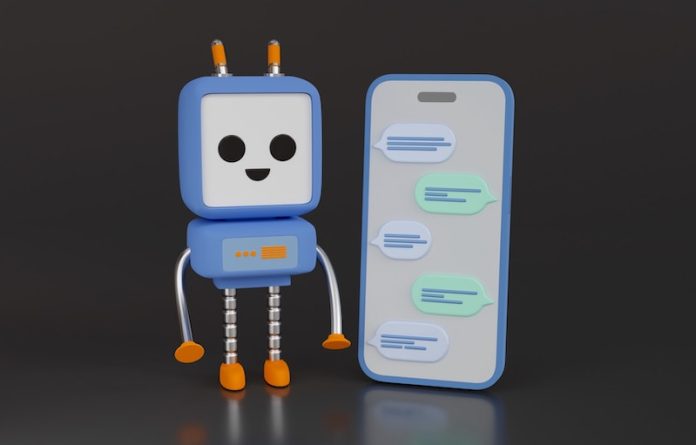
In a recent pilot study presented at the European Emergency Medicine Congress, the chatbot ChatGPT proved to be surprisingly accurate in suggesting diagnoses for patients in emergency rooms, almost matching the expertise of trained doctors.
Conducted by Dr. Hidde ten Berg and Dr. Steef Kurstjens from Jeroen Bosch Hospital in the Netherlands, the study raises the possibility that chatbot technology could assist doctors in the future, potentially reducing patient waiting times.
Dr. ten Berg and his team were curious to see how well ChatGPT would perform in medical scenarios. They set up a real-world test using anonymized details of 30 patients who visited the hospital’s emergency room in 2022.
The information, including doctors’ notes, symptoms, and lab test results, was fed into two versions of ChatGPT.
Then, they compared the chatbot’s list of likely diagnoses with those made by human doctors and the actual diagnoses of the patients.
The Findings: ChatGPT Holds Its Own
The results were striking: about 60% of the time, ChatGPT’s list of potential diagnoses matched those suggested by the doctors.
While doctors correctly listed the actual diagnosis in their top five guesses 87% of the time, ChatGPT version 3.5 did so 97% of the time, and version 4.0 matched the doctors’ rate of 87%.
Dr. ten Berg highlighted one example where ChatGPT outperformed human doctors. A patient came in with recurring symptoms like joint pain, redness, and fever.
The doctors suspected rheumatic fever, but ChatGPT correctly pinpointed vasculitis as the most likely diagnosis.
“It’s important to remember ChatGPT is not a medical device,” cautioned Dr. ten Berg. “And there are privacy issues to consider when using a chatbot with sensitive medical data.
But this could be a big step in saving time and helping less-experienced doctors, or even in identifying rare diseases.”
What’s Next? The Potential and Challenges Ahead
While ChatGPT showed promise, experts agree that much more research is needed before chatbots can serve as reliable tools in healthcare settings.
Professor Youri Yordanov, who was not involved in the study, remarked, “We’re not ready to bring ChatGPT into the clinic yet, but it’s crucial to investigate new technologies that could aid healthcare professionals.”
Ultimately, the goal is to make the emergency room experience quicker and more efficient for patients. Reducing waiting times and supporting healthcare workers, especially those with less experience, are key priorities.
While chatbots like ChatGPT aren’t ready to replace human expertise, their potential to assist in medical diagnoses could revolutionize emergency healthcare as we know it.
If you care about medicine, please read studies that vitamin D could help lower the risk of autoimmune diseases, and drug for inflammation may stop spread of cancer.
For more information about medicine, please see recent studies about which drug can harm your liver most, and results showing this drug can give your immune system a double boost against cancer.
The research findings can be found in the Annals of Emergency Medicine.
Follow us on Twitter for more articles about this topic.
Copyright © 2023 Knowridge Science Report. All rights reserved.



